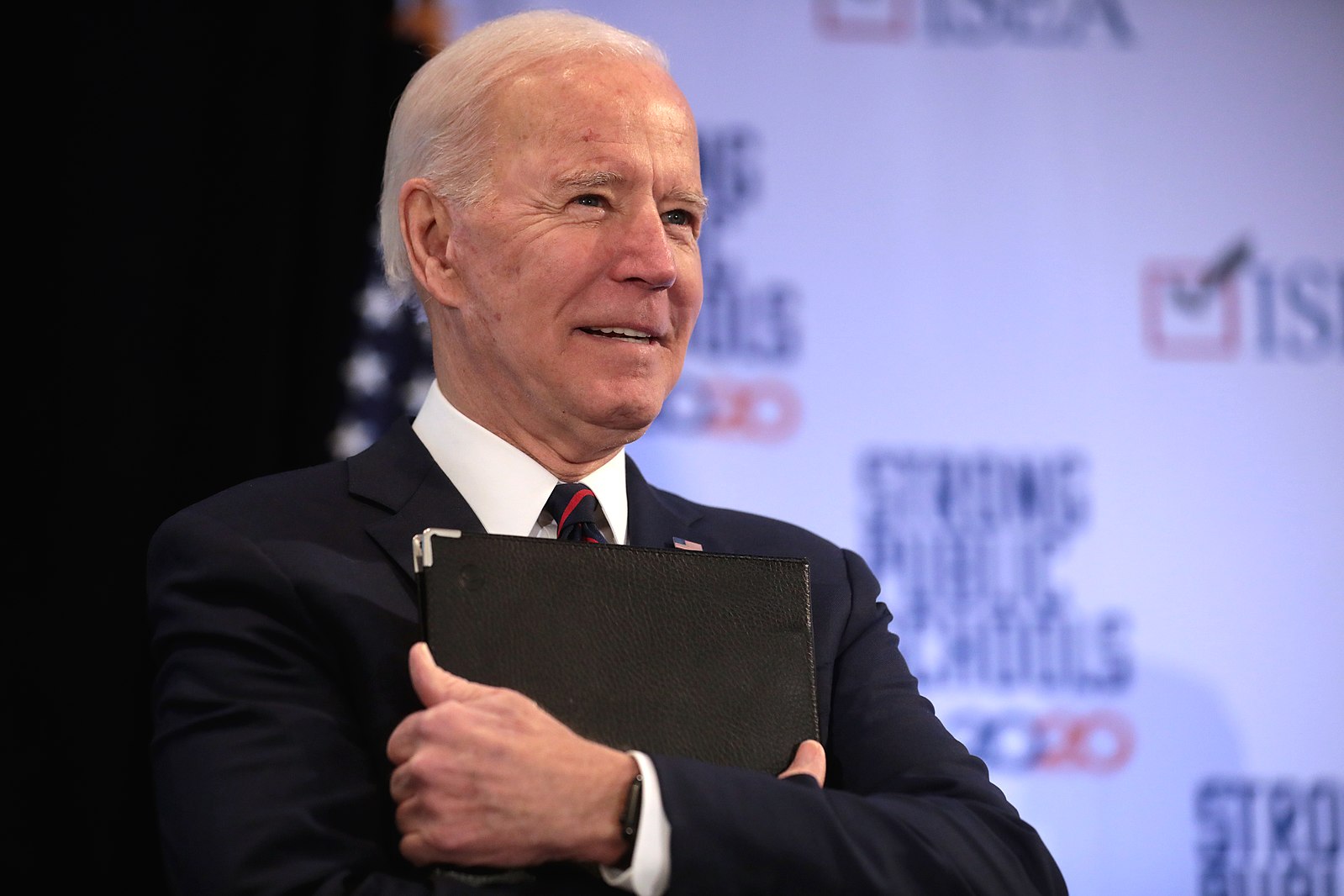Could Biden’s Executive Order Endanger Carrier Alliances?
A couple blogs ago, I wrote about three ways ocean freight rates could see a significant drop. One of those ways was if regulators break up the carrier alliances that now dominate international shipping. Based on history, I wrote this was fairly unlikely. However, there is governmental pressure from the Biden Administration and Congress to do something about the lack of competition in the international shipping industry.
While the Democratic Party, which currently holds the White House and a congressional majority, does tend toward bigger government and more regulatory control, it was during the years of the Obama Administration’s leadership that carrier alliances, with regulatory approval, exploded in the industry until international shipping was dominated by just three alliances. However, that was before the adverse effect of the resulting shrunken competition was felt in the economy as it is being felt now. It still seems fairly unlikely carrier alliances will be broken up now, but persistent appeals from shippers to the Biden Administration and Congress seem like they may have paid off in getting governmental attention on claims of unfair carrier practices.
Over the next couple blogs, we’ll look at governmental pressure on the international shipping industry, starting today with an executive order from President Biden.

Is This the Executive Order Exporters Were Asking For?
On July 9th, President Biden issued Executive Order on Promoting Competition in the American Economy.
International shipping was not the executive order’s sole target. In fact, international shipping was not even close to its main topic. However, the global container shipping industry did come up explicitly.
Also brought up explicitly are farmers, who have perhaps received the worst treatment from ocean freight carriers over the last year. Farmers actually appear a number of times in the order, including mention right at the beginning:
A fair, open, and competitive marketplace has long been a cornerstone of the American economy, while excessive market concentration threatens basic economic liberties, democratic accountability, and the welfare of workers, farmers, small businesses, startups, and consumers.
One would think, or at least hope, the letter agricultural exporters sent to President Biden, urging him to take action against ocean freight carriers’ unfair actions, influenced the creation of this executive action despite the months that lapsed between the two and its much broader focus.
U.S. agricultural exporters have had shipping containers and services denied them by carriers in order to prioritize more lucrative shipping routes after it was the alliances’ blanking (cancelling) of hundreds of sailings that largely caused the container shortage problems the shipping industry has faced since the early months of the pandemic. Some people have raised questions about the legality of the carriers’ treatment of U.S. agricultural exporters.
Whether carriers’ practices have been legal or not is for the FMC to determine, but it is clear that consolidation among carriers into alliances has reduced competition in the industry, allowed carriers to control capacity and increase freight rates, and put shippers at a disadvantage. Such consolidation and reduction of competition is what the executive order focuses on, saying there’s a need for government action:
Robust competition is critical to preserving America’s role as the world’s leading economy.
Yet over the last several decades, as industries have consolidated, competition has weakened in too many markets, denying Americans the benefits of an open economy and widening racial, income, and wealth inequality. Federal Government inaction has contributed to these problems, with workers, farmers, small businesses, and consumers paying the price.
Biden’s Antitrust Push
What’s happening in this executive order is the Biden Administration is saying it’s going to make a big antitrust push, and its connecting some of the Democratic Party’s favorite buzzwords – racial inequality, income inequality, and wealth inequality – to the push. Another buzzword (or buzzphrase, if that was only a thing) to pay attention to in the order is “whole of government approach.”
The Biden Administration wants all government agencies involved in this antitrust push with agencies of overlapping jurisdiction working together. The administration also establishes a “White House Competition Council within the Executive Office of the President” to “coordinate, promote, and advance Federal Government efforts to address overconcentration, monopolization, and unfair competition in or directly affecting the American economy…”
This order affirms that it is the policy of my Administration to enforce the antitrust laws to combat the excessive concentration of industry, the abuses of market power, and the harmful effects of monopoly and monopsony — especially as these issues arise in labor markets, agricultural markets, Internet platform industries, healthcare markets (including insurance, hospital, and prescription drug markets), repair markets, and United States markets directly affected by foreign cartel activity.
…
Whereas decades of industry consolidation have often led to excessive market concentration, this order reaffirms that the United States retains the authority to challenge transactions whose previous consummation was in violation of the Sherman Antitrust Act (26 Stat. 209, 15 U.S.C. 1 et seq.) (Sherman Act), the Clayton Antitrust Act (Public Law 63-212, 38 Stat. 730, 15 U.S.C. 12 et seq.) (Clayton Act), or other laws. See 15 U.S.C. 18; Standard Oil Co. v. United States, 221 U.S. 1 (1911).
Does the Executive Order Go After Carrier Alliances?
The executive order is broad but explicitly singles out agricultural input industries, the American information technology sector, prescription drugs and healthcare services – sliding into the order support for a public health insurance option, which I’m not sure promotes competition – and the telecommunications sector before including the international shipping industry as follows:
Similarly, the global container shipping industry has consolidated into a small number of dominant foreign-owned lines and alliances, which can disadvantage American exporters.
The mention of alliances and their specific ability to disadvantage exporters is of note.
Does that mean the Biden Administration is encouraging, or even pressuring, the FMC to break up the alliances? Maybe. However, industries within the United States definitely seem to be of greater focus. It’s possible carrier alliances were mentioned just to placate those letter-writing agricultural exporters, but it seems quite possible carriers and their alliances could receive more scrutiny.
Ultimately, it’s hard to tell the level of action that will actually come out of this executive order. How much of it is political posturing? How much of it will be challenged? How much will populism – looking for election points – come into play in what anticompetitive practices in which industries will be targeted (or just publicized)?
I still find it fairly unlikely the FMC will disband the vessel sharing agreements that create the alliances. However, this could bring more attention to the recent carrier collusion complaint MCS Industries filed with the FMC against MSC and Cosco. How the FMC handles the complaint and continues to investigate unfair detention and demurrage fees could be telling in whether alliances really are in danger of getting broken up. Of course, it’s never completely impossible for a sudden announcement to be made that the FMC has removed its approval from any specific vessel sharing agreement.




